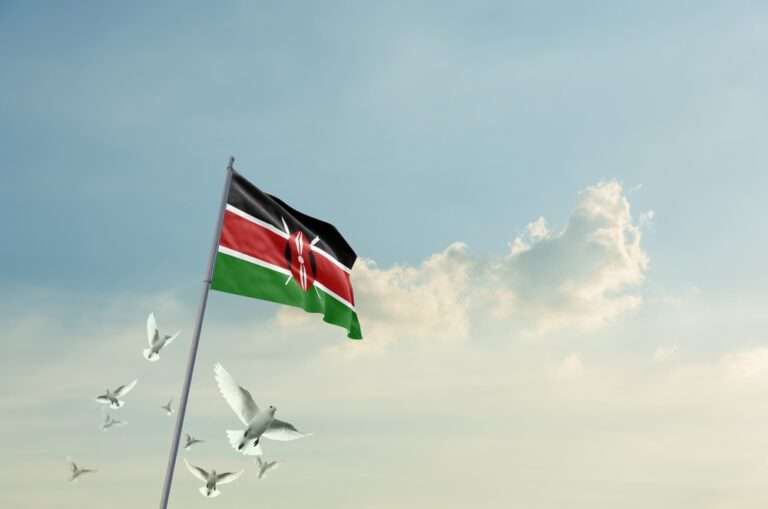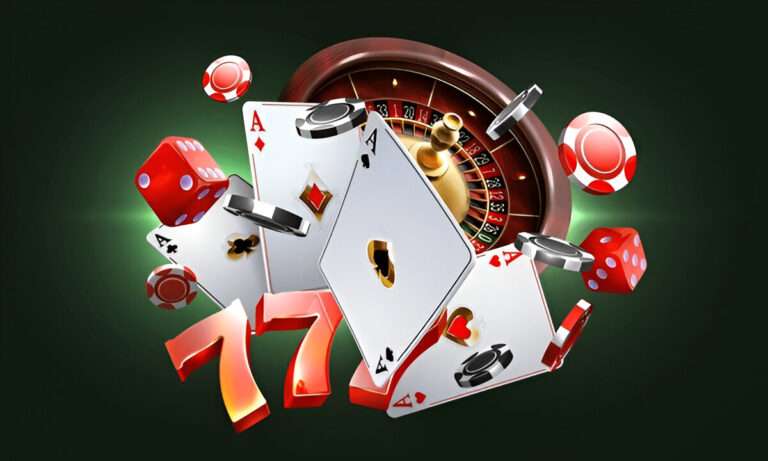
Egypt is a country of vivid festivities. Its celebrations reveal a strong connection to religion, culture, and history. Whether anchored in old practices or new ideas, these gatherings unite communities. They highlight cuisine, music, dancing, and happy get-togethers. Those fortunate enough to see these festivities will see Egypt’s soul vibrantly.
Sham El-Nessim: Welcoming Spring with Joy
Among Egypt’s first celebrations is Sham El-Nessim. It goes back thousands of years when the Pharaohs greeted the coming of spring. Egyptians of all stripes celebrate this today. Families go for picnics in parks, the Nile River, or the countryside.
We enjoyed our traditional dishes, including colorful eggs, onions, and salted seafood. Laughter, music, and outdoor activities abound during the event. Many people send bouquets to symbolize the changing season; hence, the air smells like flowers. Sham El-Nessim reminds one of Egypt’s rich heritage and people’s solidarity.
Egypt Visa For ROMANIAN CITIZENS
Eid al-Fitr: The Festival of Breaking the Fast
The great festival known as Eid al-Fitr marks the end of Ramadan. In Egypt, it is among the most looked-forward events. People getting ready for the celebrations cause the streets to be alive with activity. New outfits, great desserts, and get-togethers with friends and family define this happy event.
The day opens with an especially poignant morning prayer. Public squares and mosques are teeming with people. Families gather then to eat together. Gifts include traditional sweets like kahk and delicious biscuits covered with powdered sugar. Elders give children money as a gesture of blessing and contentment.
Eid al-Adha: A Time of Sacrifice and Giving
Still another important Islamic celebration is Eid al-Adha. It honors Prophet Ibrahim’s readiness to give his son his life in service to God. Families that can afford it give up a cow, sheep, or goat. Family, friends, and the less fortunate split the meat.
The festivity consists of feasts and group prayers. Right now, there is a tremendous spirit of giving. Many Egyptians donate food and clothes to those in need, therefore acting as charitable agents. The core of the celebration is thankfulness, solidarity, and compassion.
Abu Simbel Sun Festival: A Phenomenon of Light
Two times a year, the Abu Simbel temples host a unique event. This celebration of ancient Egyptian architectural talent honors the rising sun, which lines up with the inner sanctity of the temple on February 22 and October 22.
Thousands assemble to see this show. Outside the temple, traditional music and dancing events are held. It’s a fascinating encounter that ties tourists to Egypt’s history. The celebration emphasizes Egyptian culture’s genius and knowledge of astronomy.
The Sphinx Festival: A Celebration of Arts and Heritage
The Sphinx Festival is a cultural granduncle. It gathers performers, musicians, and artists at many historical sites. The celebration honors Egyptian background with dance, music, and narrative.
Attendees of workshops on traditional crafts, belly dance, and spiritual healing come from all across the globe. There is a vibrant environment with fascinating acts and amazing costumes. It is a rare chance to feel Egypt’s creative essence.
Moulid Al-Nabi: Honoring the Prophet’s Birthday
The Islamic celebration of Prophet Muhammad’s birth is called mulid al-nabi. It is observed with particular prayers, religious lectures, and joyful events. Lanterns and colorful banners abound in Egyptian houses and streets.
The festival’s sweet delicacies, often called “Halawet El-Moulid,” are highlights. These call for sugar dolls, nut-filled treats, and sesame-covered sweets. The celebration gathers families and communities with a loving and devoted attitude.
Wafaa El-Nil: The Festival of the Nile
The Nile River is the lifeblood of Egypt. Celebrating its importance, Wafaa El-Nil is an old celebration. Egyptians used to respect the river because it provided the land with fertility and water. Nowadays, celebrations are an opportunity to show thanks for the Nile’s part in everyday life.
Cultural entities, including schools, plan educational events. People like river boating; boats are ornamented. Sessions of storytelling, music, and poetry readings underline the Nile’s significance in Egyptian society. The celebration reminds everybody of Egypt’s close relationship with its fabled river.
Coptic Christmas: A Time of Faith and Family
The Coptic Christian community of Egypt celebrates Christmas on January 7. This is a happy, religious family day. The festivities start in churches all around with a midnight service. Prays and hymns abound throughout the environment.
Families gather for a Christmas dinner after the ceremony. Enjoyed are classic foods like fata, which are composed of rice, bread, and meat. In Egypt, Christmas is a season of cohesiveness, goodwill, and friendliness.
Egypt Visa For RUSSIAN CITIZENS
Leylet En Nuktah: Honoring the Nile’s Spirit
An old Egyptian celebration connected to the yearly flooding of the Nile is Leylet en nuktah. Some rural towns still respect this custom even though it is not very popular nowadays. Along the riverbanks, people gather to light candles and write wishes.
Offerings to the Nile were made in antiquity to guarantee a prosperous crop. Nowadays, celebrations are a sentimental homage to the historical importance of the river. It reminds us of Egypt’s rich customs and care of the environment.
A Land of Endless Festivities
Egypt’s festivities go beyond mere festivity. Combining contemporary living with traditional customs, they portray the country’s character. Every celebration provides a different window into Egyptian legacy, from religious meetings to cultural events. These experiences help visitors relate to the friendliness, happiness, and energy of Egypt’s population. The colors of these events bring Egypt to life, whether along the Nile, in the desert, or amid old temples.
Read More: Egyptian Traditions & Customs Every Traveler Should Know






